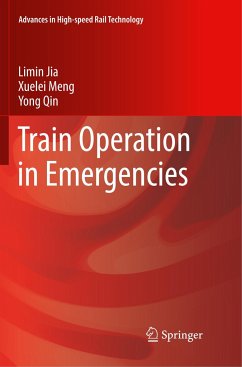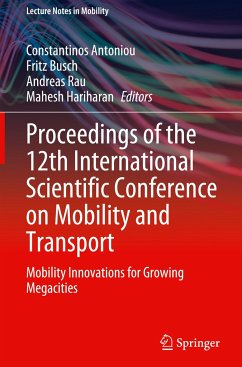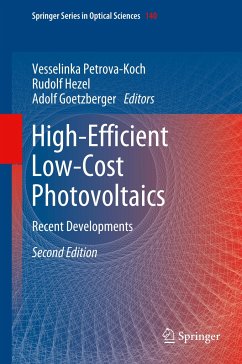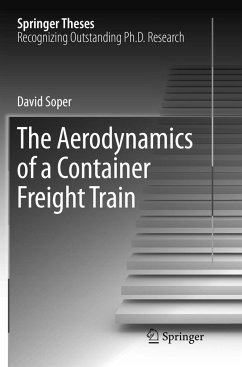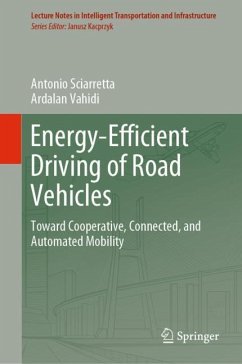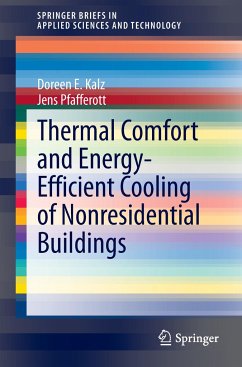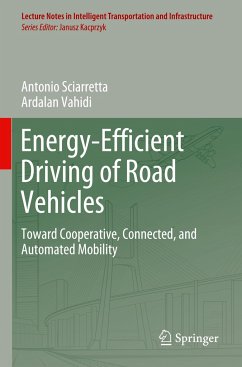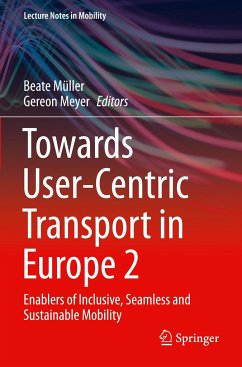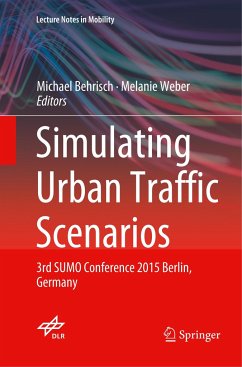
Energy-Efficient Train Operation
A System Approach for Railway Networks
Versandkostenfrei!
Versandfertig in 6-10 Tagen
121,99 €
inkl. MwSt.
Weitere Ausgaben:

PAYBACK Punkte
61 °P sammeln!
This book is closely related to the energy conservation problem of rail transport systems, focusing on reducing the energy consumption of train operation. The system process of train operation is analyzed and the relationship between train operation and energy consumption is introduced. The fundamental theories, modelling and application of technologies for energy-efficient train driving are presented, discussing timely topics such as energy-efficient train control and timetabling, integrated timetabling and regenerative braking, and maximizing regenerated energy usage with energy storage syst...
This book is closely related to the energy conservation problem of rail transport systems, focusing on reducing the energy consumption of train operation. The system process of train operation is analyzed and the relationship between train operation and energy consumption is introduced. The fundamental theories, modelling and application of technologies for energy-efficient train driving are presented, discussing timely topics such as energy-efficient train control and timetabling, integrated timetabling and regenerative braking, and maximizing regenerated energy usage with energy storage systems. In addition, the modelling and application of a traction power simulation platform is introduced, to calculate the detailed energy flow over a railway network. The book is enriched with a set of practical examples to illustrate the performance of the proposed methods in improving energy efficiency of both urban and long-distance trains. Overall, the book provides a timely guide to professionals in the railway industry, and to researchers and graduate students in transport, electrical and control engineering.




